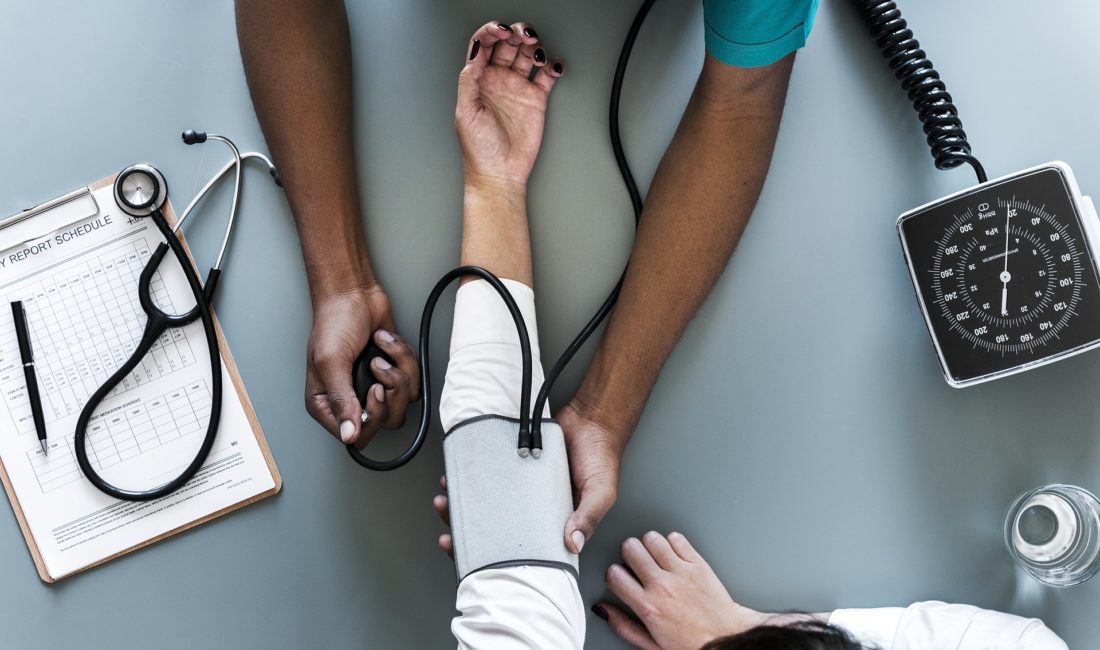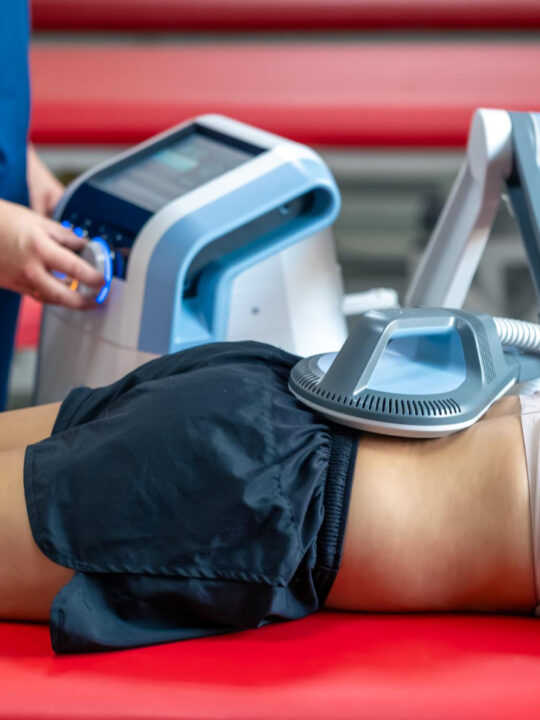 High blood pressure, commonly referred to as hypertension, is a common condition among adults across the world. Today, a significant number of adults suffer from high blood pressure, with the World Health Organization estimating that 40% of adults over the age of 25 suffer from hypertension. The increase in high blood pressure patients can be significantly attributed to their lifestyles, more so their eating habits.
High blood pressure, commonly referred to as hypertension, is a common condition among adults across the world. Today, a significant number of adults suffer from high blood pressure, with the World Health Organization estimating that 40% of adults over the age of 25 suffer from hypertension. The increase in high blood pressure patients can be significantly attributed to their lifestyles, more so their eating habits.
Unfortunately, most hypertension patients do not even know that they are victims of this ailment – they only find out in its advanced stages. This is because the condition does not exhibit initial symptoms until it reaches a life-threatening phase.
Even without any apparent symptoms, hypertension can lead to severe damage to your blood vessels, heart, and other organs if it’s left untreated. This is why it is sometimes called ‘the silent killer’. Once detected, you should make every effort to get high blood pressure treatment.
Table of Contents
Understanding High Blood Pressure
Blood pressure is determined by the resistance of arterial walls and the flow of blood in these arteries. When your heart pumps blood into the blood vessels with a force that is relatively higher than what is outlined to be healthy, then it is said that you have high blood pressure. This pressure damages the blood vessels, which leads to dangerous complications.
What Determines High Blood Pressure?
Two numbers are captured to determine the state of your blood pressure using a blood pressure cuff. These two numbers reflect systolic pressure (represented by the upper number) over diastolic pressure (represented by the lower number). The pressure exerted on the arteries when the heart pumps blood to the various blood vessels is referred to as systolic pressure. A systolic pressure of 120 is considered to be ideal, while that of 140 indicates hypertension.
Diastolic pressure, on the other hand, is the pressure of blood within the arteries when the heart is resting between beats. Diastolic pressure of 80 is rated as normal, while that of 90 and above is a reflection of high blood pressure.
Risk Factors of Untreated High Blood Pressure
The causes of hypertension are not well known for most patients. However, hypertension is linked to several factors, including age, race, unhealthy diet, family heritage, obesity, alcoholism. Stress also contributes towards the development of hypertension, according to studies. Regardless of the contributing factor, hypertension can be detected early and treated.
Failure to receive high blood pressure treatment can result in risks such as:
1. Damaged Arteries
High blood pressure obstructs the free flow of blood through the arteries. The excessive pressure on arteries renders them less elastic and tighter. This makes it easy for inhibitive components such as fats to be deposited into the arteries, which hinders the healthy flow of blood. Damaged arteries can cause heart attacks, strokes, or fatal blockages.
2. Aneurysm
An aneurysm is a condition where the arteries are weakened, creating a bulge. When aneurysms rupture, they can cause severe internal bleeding, which can be life-threatening.
3. Coronary Artery Disease
Hypertension hardens the walls of coronary arteries leading to atherosclerosis, a condition responsible for coronary artery disease. When arteries that supply the heart with nutrients and oxygen are damaged, a plaque of fats and cholesterol builds up along the wall of the arteries. This is known to be a significant contributing factor to coronary artery disease.
4. Heart Failure
Increased blood pressure causes left ventricular hypertrophy, which is the thickening of the walls of the left ventricle. The left ventricle is the main blood pumping chamber in the heart. When it is thickened, it becomes difficult for the heart to supply sufficient blood to the rest of the body, which can lead to severe heart failure.
5. Dementia
Hypertension can cause narrowing of the arterial walls. As a result, the flow of blood to the brain is limited. This might lead to dementia, which studies have found to be related to high blood pressure.
6. Stroke
High blood pressure causes atherosclerosis, which can result in a stroke. Most people who suffer a stroke are likely to have suffered hypertension first.







